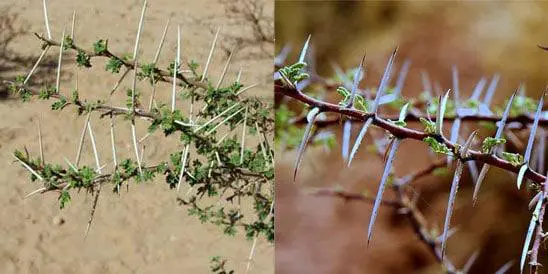A new study from the University of Copenhagen confirms that plants use defenses to avoid being eaten. Scientists for the first time were able to confirm this fact.
Researchers from the Department of Plant and Environmental Sciences at the University of Copenhagen have published a study showing for the first time that plants protect themselves.
In scientific circles, the exact mechanisms of how plants protect themselves have been a mystery. Among the many observations made by researchers, in 1974, the optimal defense theory was put forward about how plants behave in order not to be eaten. But scientific evidence to support this theory was lacking.
“In the course of the study, we have shown that the old leaves of the plant sacrifice themselves and redirect their defense to younger leaves. Their purpose is to scare away larvae and other herbivores. By doing so, the plant increases the chances of survival.” – Barbara Ann Halkier, Professor and Head of Research
Also, plants have a special protective chemistry: it works like wasabi or mustard – it causes a burning sensation in the mouth. The researchers confirmed this information during the experiment.
The results of the study provide compelling evidence of how plants optimize their defenses. Also, this information will help to properly deal with agricultural pests, such as the African cotton leafworm (Spodoptera littoralis) – this is one of the most destructive moth larvae for crops.






